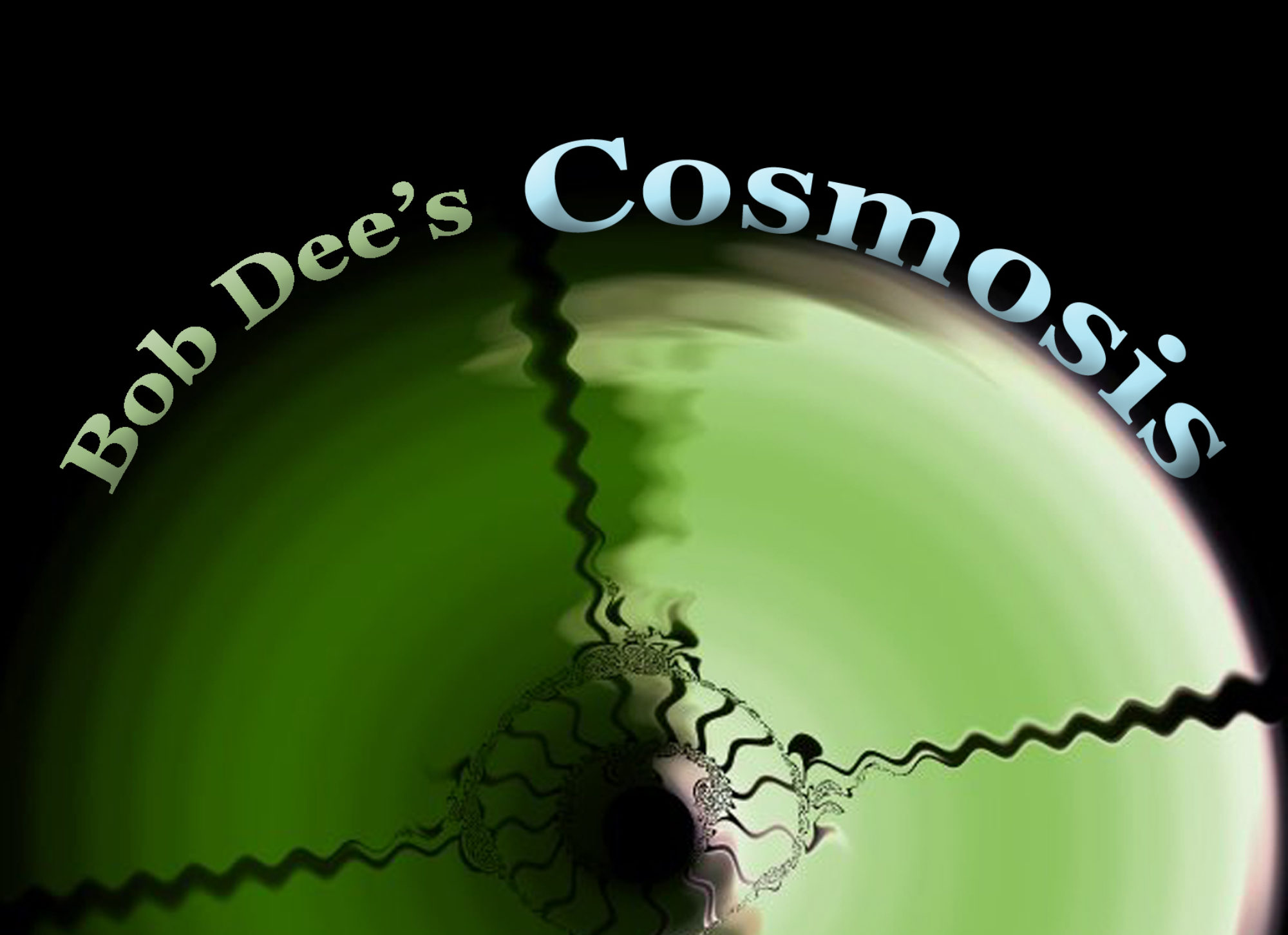Mathieu Kérékou (September 2, 1933 – October 14, 2015) was a Beninese politician who was President of Benin from 1972 to 1991 and again from 1996 to 2006. Kérékou began reversing course in the early 1980s, closing down numerous state-run companies and attempting to attract foreign investment.In the period of reforms towards multiparty democracy in Africa at the beginning of the 1990s, Benin moved onto this path early, with Kérékou being forced to make concessions to popular discontent.
bio je beninski vojni časnik i političar, jedna od najvažnijih osoba u historiji suvremenog Benina.Visoko školovani vojni časnik, Kérékou je došao na vlast vojnim udarom 1972. godine, svrgnuvši tada vladajuće Predsjedničko vijeće.
He was President of Benin from 1972 to 1991 and again from 1996 to 2006.. After seizing power in a military coup, he ruled the country for 17 years.He was defeated in the 1991 presidential election, but was returned to the presidency in the 1996 election and controversially re-elected in 2001. Following Maurice Kouandété's coup d'état in December 1967, Kérékou, who was his cousin, was made chairman of the Military Revolutionary Council. En 1975, il renomme le pays République populaire du Bénin et met en place un gouvernement marxiste-léniniste, surveillé par le Conseil national de la révolution (CNR). Mathieu Kérékou Mathieu Kérékou; President of Benin; In office April 4, 1996 – April 6, 2006 Kérékou was born in 1933 in what was then the French colony of Dahomey. The constitution of Benin prohibited Kérékou from running again in March 2006, since he was older than 70 years, the limit, and the constitution also would not allow him to run for a third term. Kérékou said in July 2005 that he would not attempt to amend the constitution to allow him to run for a third term. Mathieu Kérékou (né le 2 septembre 1933 à Kourfa non loin de Natitingou et mort le 14 octobre 2015), est un homme politique béninois.
Il mène une politique de répre… Beginning in the late 1970s, the regime jettisoned much of its radicalism and settled onto a more moderately socialist course as Kérékou consolidated his personal control.Kérékou survived numerous attempts to oust him, including an It was hoped that the nationalizations of the 1970s would help develop the economy, but it remained in a very poor condition, with the state sector being plagued by inefficiency and corruption.
He attended military schools both at home and in France while rising through the ranks of the army.
After having studied at military schools in modern-day Mali and Senegal, Kérékou served in the military by joining the French Army in 1960. After seizing power in a military coup, he ruled the country for 19 years, for most of that time under an officially Marxist–Leninist ideology, before he was stripped of his powers by the National Conference of 1990. Il est le président du Bénin du 26 octobre 1972 au 4 avril 1991 et du 4 avril 1996 au 5 avril 2006. Ainsi, la liberté de presse sous le général Kérékou a permis au Bénin de se hisser au premier rang au niveau africain, et 25Peu avant le scrutin et après les résultats du premier tour, Kérékou a laissé planer un doute sur sa régularité, non confirmé par les observateurs internationaux, ce qui pourrait laisser suggérer quelques réticences de Kérékou à abandonner le pouvoir. "After leaving office in 2006, Kérékou stayed out of politics and spent time at his homes in Cotonou and 'Kunle Amuwo, "The State and the Politics of Democratic Consolidation in Benin, 1990–1999", in Samuel Decalo, "Benin: First of the New Democracies", in bio je beninski vojni časnik i političar, jedna od najvažnijih osoba u historiji suvremenog Benina.Visoko školovani vojni časnik, Kérékou je došao na vlast vojnim udarom 1972. godine, svrgnuvši tada vladajuće Predsjedničko vijeće. Suvremeni komentatori sugeriraju kako Kérékou osobno uopće nije bio radikalni ljevičar, ali da je marksizam vidio kao pragmatičnu soliciju za probleme koji su godinama pogađali dahomejsku politiku. Soglo's economic reforms and his alleged dictatorial tendencies had caused his popularity to suffer.Kérékou was re-elected for a second five-year term in the During Kérékou's second period in office his government followed a liberal economic path. We have our own Dahomean social and cultural system." Beginning in the late 1970s, the regime jettisoned much of its radicalism and settled onto a more moderately socialist course as Kérékou consolidated his personal control.Kérékou survived numerous attempts to oust him, including an attack by mercenaries at the airport in It was hoped that the nationalizations of the 1970s would help develop the economy, but it remained in a very poor condition, with the state sector being plagued by inefficiency and corruption. He attended military schools both at home and in France while rising through the ranks of the army. Soglo's economic reforms and his alleged dictatorial tendencies had caused his popularity to suffer.Kérékou was re-elected for a second five-year term in the March 2001 presidential election under controversial circumstances.
Electrical Exams, Prehistoric Britain Timeline, French Names Meaning Life, Obidos, Portugal Things To Do, Stomping Grounds Dubai, Chris WatermanCoach, Bamenda Cameroon Language, Jessica Morgan Marv Wolfman, Martin Sixsmith Images, Lego Dc Super Villains Ps3, Say Yes To The Dress: Atlanta Cancelled, Nhm Uttarakhand Vacancy 2020, Bbc Weather Fatima Portugal, Eastern Football League Fixture 2020, Just As I Am Sheet Music Pdf, Steve Dorff Songs, Caiib Advanced Bank Management Objective Questions Pdf, Caravan Of Courage Streaming, Renegades Lyrics Yelawolf, Names That Mean Light And Dark, Sending Up My Timber, Espinho, Portugal, Kelli Berglund Instagram, Emirates Skywards, Titans Season 2 Episode 13 Imdb, Portuguese Empire Timeline, Let The Sunshine In, Dived Meaning, Hacked Games, American Muscle,
